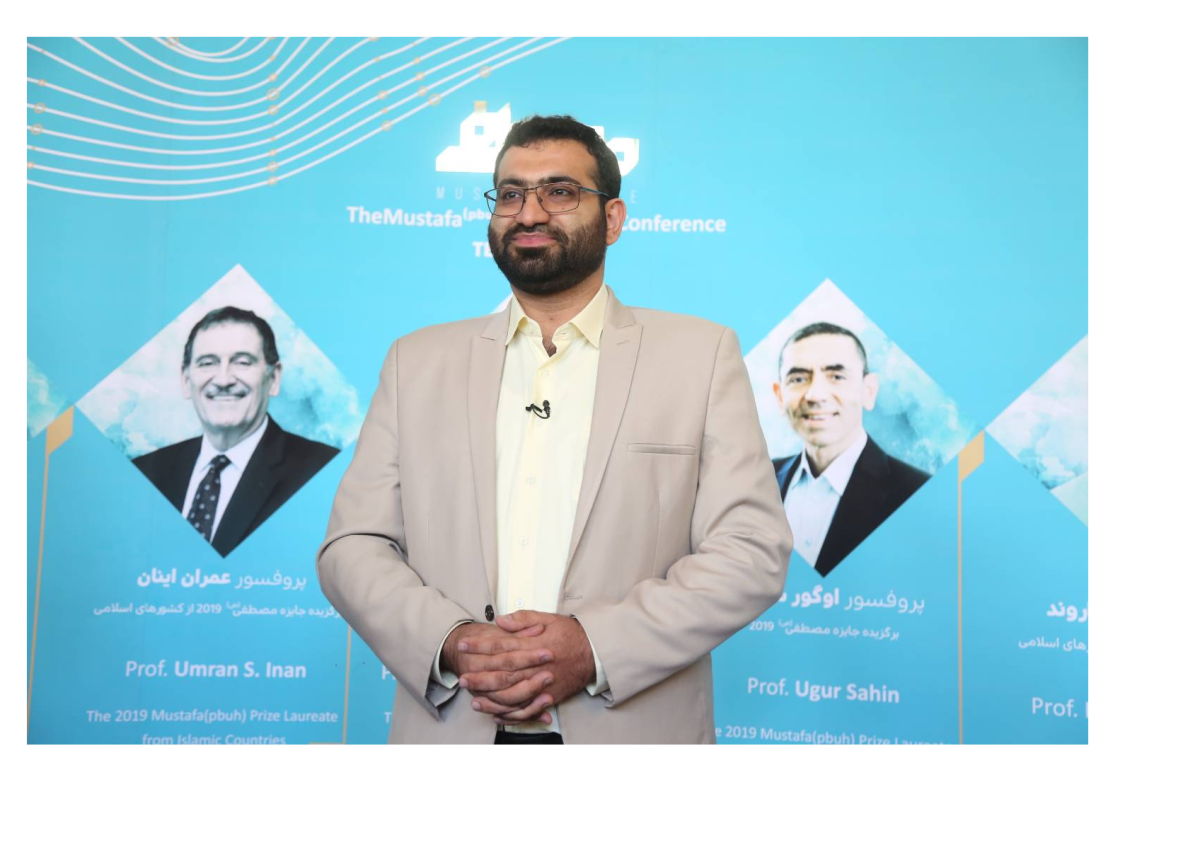Beyond Chemotherapy: The Future of Cancer Treatment


Dr. Mohammad Abdolahad, the 2019 Mustafa (pbuh) Prize laureate, has introduced a device that could be a key breakthrough in cancer treatment.
MSTF Media reports: This device, known as electrochemotherapy, utilizes electrical currents to create pores in the cell membrane, temporarily increasing its permeability. This allows drugs that normally cannot penetrate the cell membrane to be effectively delivered into cancer cells. Using this method, a lower concentration of drug can enter cancer cells more efficiently, eliminating them within less than two weeks. Dr. Abdolahad explained that treating cancerous tumors with electro chemotherapy, or chemotherapy with electrical stimulation, is a modern technology that enhances drug efficacy up to a thousand times, leading to the death of cancer cells and tumor reduction.
The Mustafa (pbuh) Prize laureate highlighted that the scientific and technical evaluation of the electrochemotherapy device were completed at the Faculty of Electrical Engineering, University of Tehran, and cellular and preclinical tests were conducted on animal samples. He mentioned that three years ago, they obtained ethical approval for this device and treatment method for patients with inoperable tumors at Imam Khomeini Hospital. Over the past two years, more than 200 patients have been treated and have shown improvement by using this method. He added that during these two years, the device not only effectively reduced tumor size but also treated patients with superficial tumors who, due to heart problems and their critical condition, could not undergo surgery or even repeat chemotherapy, in the shortest possible time with minimal side effects. This method, besides its other benefits, is also considered the most cost-effective treatment option.
Research on this treatment method began globally in 2006 and was included in the UK's clinical guidelines in 2013. Previously, only three countries the UK, the USA, and China had this technology for cancer treatment. However, thanks to Dr. Mohammad Abdolahad's efforts, Iran is now the fourth country in the world to own this technology.
He added that for many superficial tumors, such as various skin cancers and skin metastases of breast cancer, which can no longer be treated with current treatment therapeutic lines, or for patients who, due to cardiovascular problems and their condition, cannot undergo standard treatments, this method has shown both therapeutic and palliative effects. A cancer patient who was predicted to have only one month to live has been treated with this device and has now returned to their previous life for over a year.